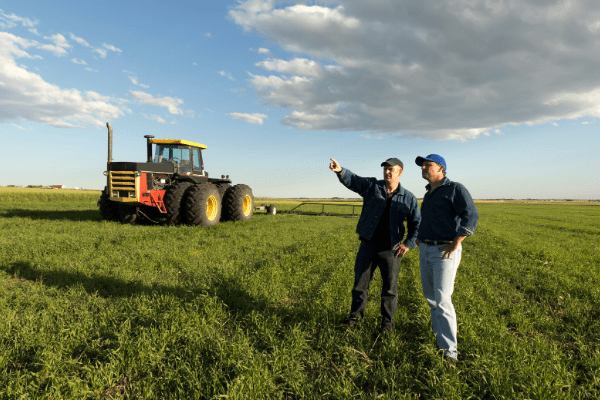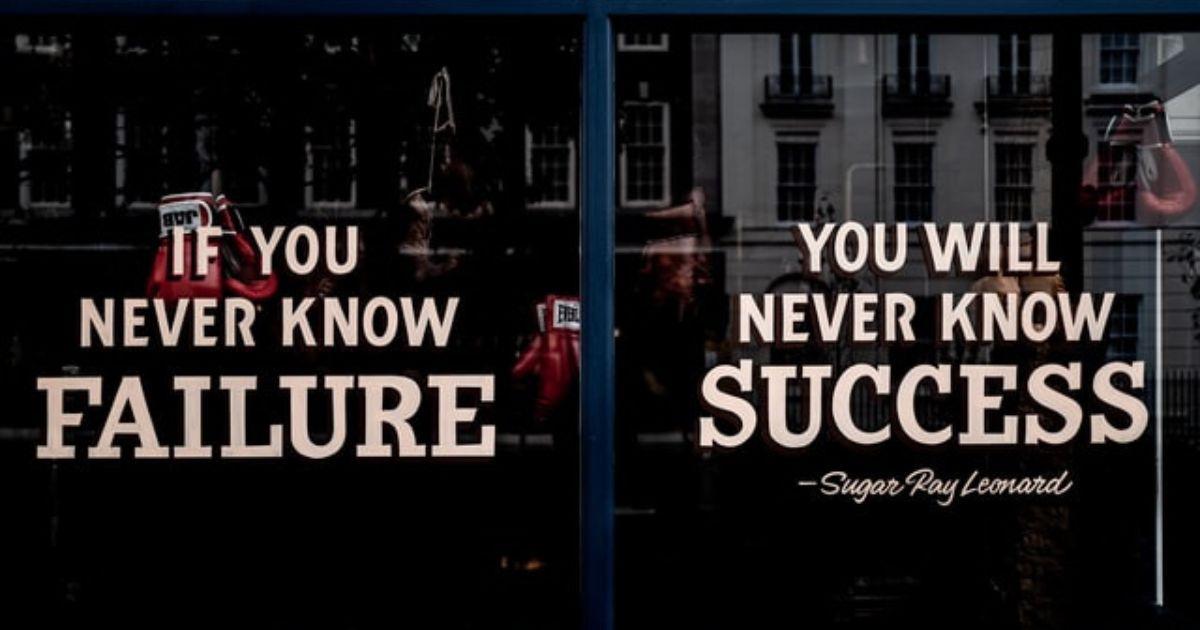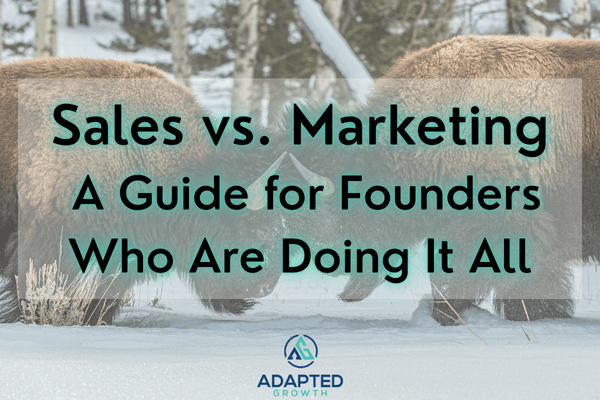If you’re a founder still doing most of the selling yourself, you’ve probably already noticed something: Not all sales skills are the same. So, when it comes to hiring, you might be stuck in the sales hunters vs. farmers debate.
See, some people thrive on opening doors and chasing the next opportunity. Others excel at fostering deep relationships and retaining customers over the long term.
These differences aren’t always just preferences; they’re part of what sales hunters and farmers are naturally inclined to do. But plenty of people can do both, with the right training and support, that is.
Understanding the sales hunters vs. farmers dynamic is key not only to hiring your first salesperson but also to selling in a way that aligns with your own strengths. And that starts with getting clear on what these roles actually mean.
What is a Sales Hunter?
Hunters are your lead generators. They love cold outreach, networking, and creating new opportunities out of thin air.
They don’t wait for leads to come to them; they go out and find them.
Best Traits of a Sales Hunter:
- Focused on opening new relationships
- High energy and persistence
- Comfortable with rejection due thanks to an abundant sales mindset
- Motivated by quick wins
- Often thrive in outbound-heavy roles
Hunters can be great for companies in early stages, where new client acquisition is essential and brand awareness is still growing.
However, they also need structure, direction, and clear targets to stay focused. Left to their own devices, a hunter without a process can burn out or bounce between shiny objects without closing deals.
Die-hard sales hunters may also be solely motivated by money. This viewpoint could lead to them bringing in unqualified clients for the commission, ignoring proven sales strategies developed specifically for your business, and moving on to other things if they become bored or are offered a higher commission rate.

What is a Sales Farmer?
Farmers are relationship builders.
They enjoy nurturing client accounts over time, producing natural referrals and a fantastic reputation. They also thrive on finding new opportunities with existing clients, which leads to increased revenue without requiring additional lead generation. Sales farmers are often more detail-oriented and prefer depth over speed.
Best Traits of a Sales Farmer:
- Great at listening and identifying deeper needs
- Skilled at customer retention and upselling
- Patient and consistent in follow-up
- Calm and reliable when handling client issues
- Ideal for account management or long sales cycles
Farmers are a strong fit for companies with existing clients and a steady flow of inbound leads. They shine when they can build trust over time, rather than initiating contact from scratch.
The downside to being a dedicated sales farmer is that they struggle with cold outreach and networking, two vital activities for most early-stage startups. Additionally, they may work more effectively as part of a team rather than independently, which is another potential drawback in a small business.

Quick Comparison: Sales Hunters vs. Farmers
| TRAIT | HUNTER | FARMER |
| Strengths | Prospecting, cold outreach, networking | Retaining clients, nurturing accounts, upselling |
| Focus | New business, closing deals | Existing relationships, building new ones |
| Ideal Environment | Early-stage, outbound-heavy | Relationship-driven company, post-sale or long-cycle deals |
| Risk | Can burn out, chase the wrong fits, leave for more money | May avoid new growth, struggle to network, hesitant to ask uncomfortable questions |
| Coaching Need | Following processes and patience with qualifying leads | Urgency and assertiveness |
This sales hunters vs. farmers model helps you get more strategic about roles, responsibilities, and expectations, especially when you’re starting to grow a team. However, there’s a big invisible middle section where people can do both comfortably or thrive on specific activities important to both traditional roles.
For example, somebody who loves nurturing accounts and upselling to existing customers may also be an amazing networker, bringing you tons of referral possibilities and future partnerships.
Why the Debate Even Exists
The debate comes from a place of frustration. Many companies hire salespeople expecting them to automatically do both—hunt and farm—without understanding the fundamental personality differences behind each role.
When that person struggles, the business blames the salesperson, when really, they hired the wrong kind of rep for the job. Alternatively, they may not have trained or supported them to learn how to do something they’ve never had to do before.
The truth is that both hunters and farmers are valuable, but they play distinctly different roles. Trying to force one into the other’s mold rarely works.
What the Sales Hunters vs. Farmers Debate Means for Founders
As a founder, you’re probably doing both roles right now.
You’re the one opening doors, running sales calls, building trust, closing deals, and maintaining relationships. But eventually, that’s not sustainable.
Understanding the roles of sales hunters vs. farmers helps you:
- Sell smarter based on your own strengths
If you’re more of a farmer, you may need tools or systems to help you hunt. If you’re a natural hunter, you may need help slowing down and deepening relationships. - Make better first hires
If you need someone to build a pipeline from scratch, a farmer won’t succeed. If you need someone to nurture referrals or upsell current clients, a hunter may get bored or impatient. - Coach with more clarity
A hunter who’s not closing may need help with follow-through. A farmer who’s not hitting quota may need guidance on how to initiate conversations or shorten sales cycles.
If you’re familiar with DiSC Assessments, you already know that most people rarely fit into only one personality type with no traits in other areas. Most of us are dominant in one type, but have a secondary and even a tertiary type that we can work well with.
Mapping DiSC to this sales hunters vs. farmers viewpoint, high D’s are natural hunters and high S’s are instinctive farmers. I’s may be able to do both, but lean towards hunting. Likewise for C’s with farming.
However, as with DiSC, it’s often not that black and white, and many people can learn to adapt well to both roles.
You just have to understand those personality differences to better coach and nurture a new hire’s natural strengths while building up their weaknesses.
Or, if you’re ready to hire a full team, know how to put people where they shine.

No More Sales Hunters vs. Farmers
There’s no winner in the sales hunters vs. farmers debate. It’s not about who’s better.
It’s about uncovering and nurturing the best people suited to the role your business needs right now.
Since both have benefits and downsides, why not find and motivate people who can do both? Few salespeople are pure hunters and farmers anyway, and those who are became that way through training, not natural inclination.
Therefore, understanding a person’s communication style, motivations, and personality type will help you determine whether they are better suited for lead generation, client relationship-building, or both.
Whether you’re selling yourself, preparing to scale your team, or actively hiring, knowing the difference can save you time, money, and frustration.

Want to go deeper? Check out these related articles:
- How to Hire Salespeople Who Will Succeed
- How to Lead a Sales Team in 4 Clear, Practical Steps
- How to Qualify Leads So Selling Gets Easier









